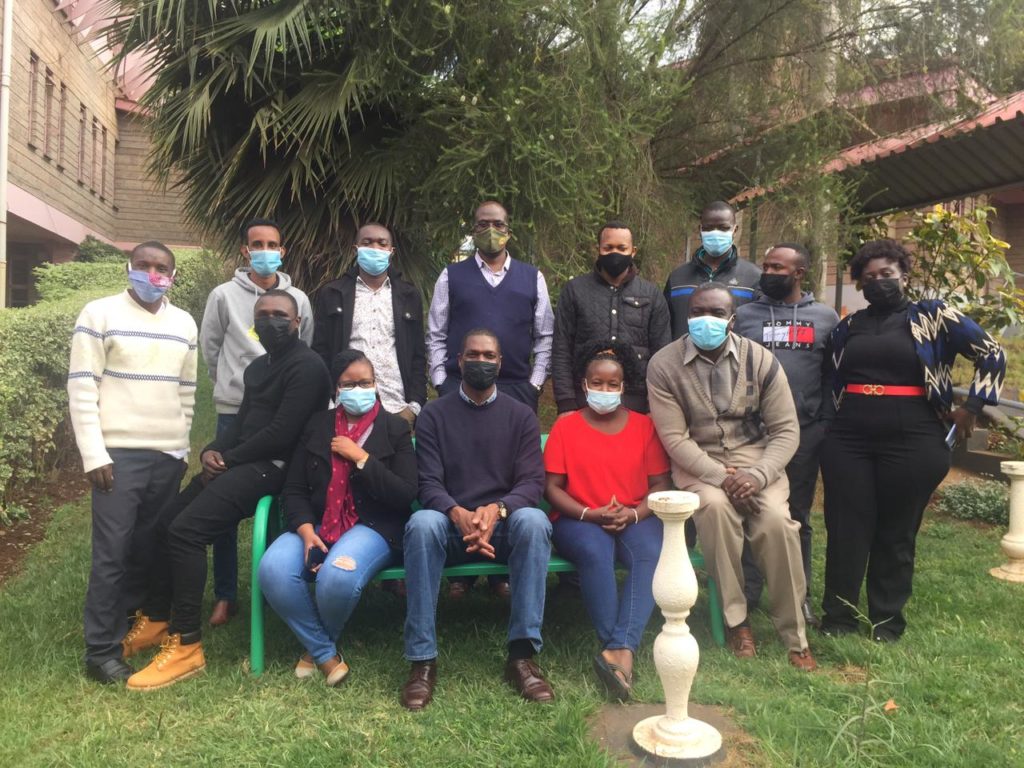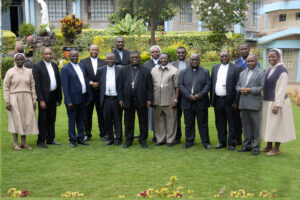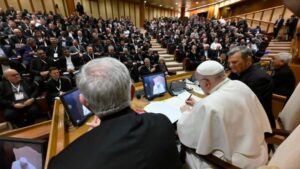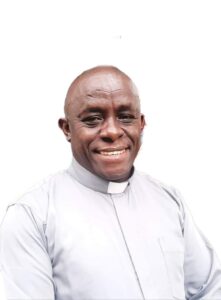KENYA: Audience Research Training Aims to Empower Catholic Radios on Sustainability

Participants Training for Catholic radio reporters and management to understand the significance of audience research
Sr. Jecinter Antoinette Okoth, FSSA
At an ongoing training for Catholic radio reporters and management to understand the significance of audience research, the conveners of the project aim to empower participants to be cognizant of various ways of audience researching in a competitive media environment for sustainability of Catholic radios.
The project spearheaded by Association of Member Episcopal Conferences in Eastern Africa (AMECEA) Social Communications Department and Loyola Centre for Media Communications commenced about one year ago with participants from six radio’s in Kenya; Radio Waumini, Jangwani, Amani, Pendo, Domus and radio Bus and is funded by Stem van Africa in collaboration with Catholic Media Council (CAMECO).
“This program tries to help radios that are struggling for funds to increase their audiences and be example to other small radios in terms of generating income,” Br. Dr. Elias Mokua told AMECEA Online on the sidelines of the ongoing training at Rosa Mystica Spiritual Centre, Nairobi, on Friday, August 20, adding that “with better audience rating, there is higher chances of income.”
Br. Mokua a member of the Society of Jesus (SJ) and director of Loyola Communication Media Centre narrated that the “more radios understand the preferences and gratifications of their audiences and how development pans out, the more audiences and funds will be attracted as a consequence of better and higher listenership.”
Asked what triggered the initiative on audience research, Bro Mokua said, “From other researches that have been conducted one of the major setbacks of all these small radios is the question of finances needed to help in staff retention, quality programming and purchase of quality technical equipment.”
He added, “Audience research helps these radios to be more professional on how to handle audiences by understanding how to construct research questions, research interview guides and also develop research instruments. So, after the training the participants will be able to conduct scientific research for short term use either for partial programs or wholesome evaluation of their programs.”
The two-year project expected to end December 2021 is a mentorship program whose continuity depends on how much the radios would have understood the significance of knowledge gaps and the ability to evaluate their challenges, interpret research.
For over one year the facilitators Br. Mokua and AMECEA Social Communications Director Fr. Andrew Kaufa smm have enlightened the 13 participants with various topics including among others; identification of research gaps, how to identify audience segmentation, the different audience dynamics, methodological issues on how to conduct scientific research and how to use modern audience survey tools to carry out rapid surveys.


